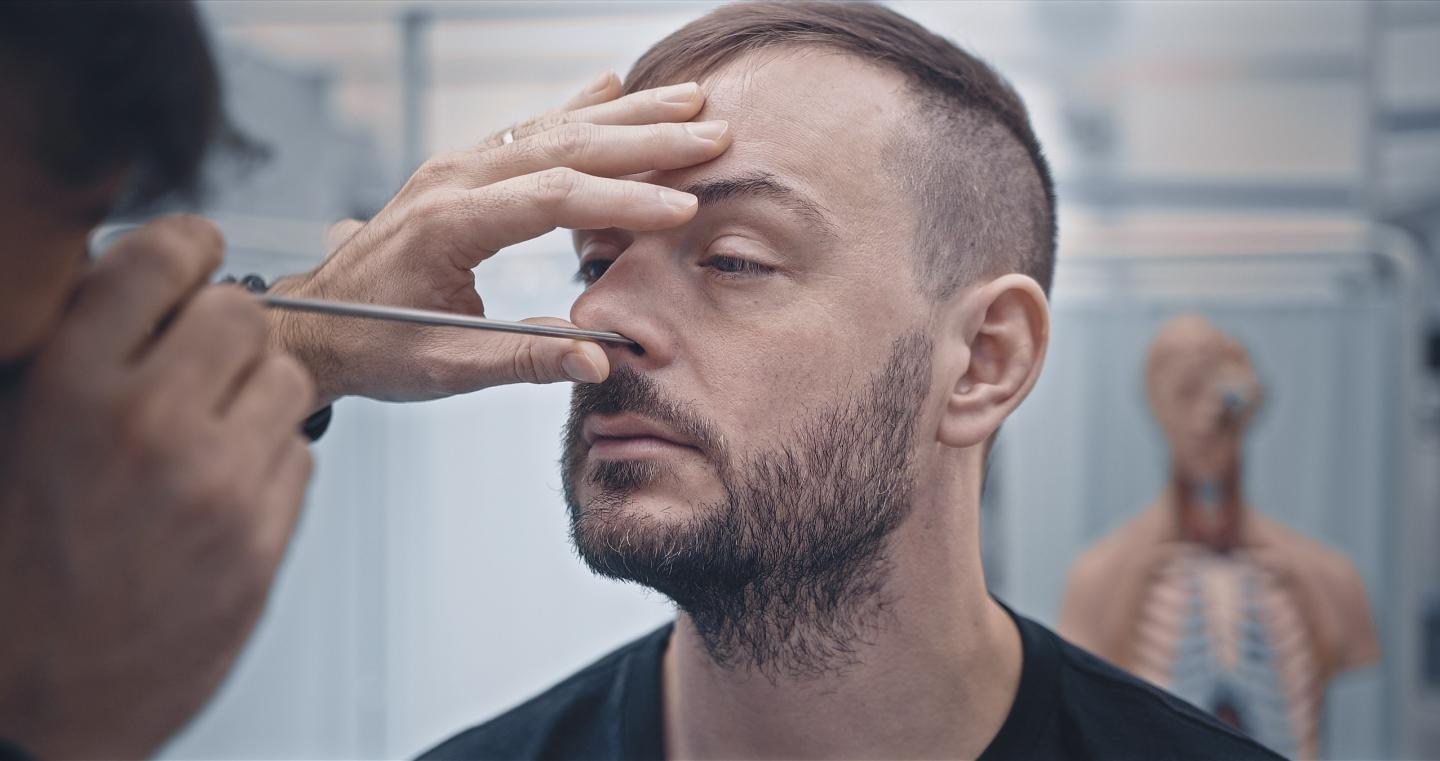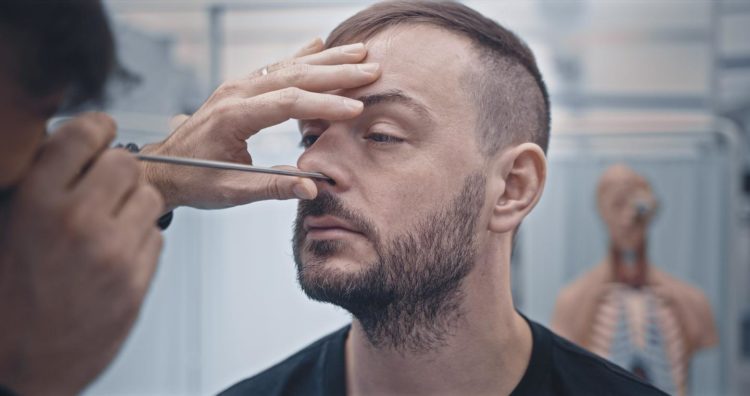
Credit: University of East Anglia
The smell of cut grass, freshly baked bread, childhood memories, lost loved ones, Christmas. What happens when it’s all gone?
A new study from the University of East Anglia reveals the huge range of emotional and practical impacts caused by a loss of smell.
It finds that almost every aspect of life is disrupted – from everyday concerns about personal hygiene to a loss of sexual intimacy and the break-down of personal relationships.
The researchers hope that their findings will help motivate clinicians to take smell problems more seriously, with better help and support offered to patients.
Prof Carl Philpott, from UEA’s Norwich Medical School, said: “Smell disorders affect around five per cent of the population and cause people to lose their sense of smell, or change the way they perceive odours. Some people perceive smells that aren’t there at all.
“There are many causes – from infections and injury to neurological diseases such as Alzheimer’s and as a side effect of some medications.
“Most patients suffer a loss of flavour perception which can affect appetite and can be made even worse if distortions in their sense of smell also co-exist.
“Previous research has shown that people who have lost their sense of smell also report high rates of depression, anxiety, isolation and relationship difficulties.
“We wanted to find out more about how a loss of smell affects people.”
The researchers worked with the Smell and Taste clinic at the James Paget University Hospital, Gorleston-On-Sea. The clinic opened in 2010 and was the UK’s first clinic dedicated to taste and smell.
The study involved 71 participants aged between 31-80 who had written to the clinic about their experiences. It was carried out in collaboration with Fifth Sense, the charity for people affected by smell and taste disorders.
The research shows that sufferers experience wide-ranging impairments to their quality of life. These included a negative emotional impact, feelings of isolation, impaired relationships and daily functioning, impacts on physical health and the difficulty and financial burden of seeking help.
Prof Philpot said: “One really big problem was around hazard perception – not being able to smell food that had gone off, or not being able to smell gas or smoke. This had resulted in serious near misses for some.
“But smell is not just a life-saving sense – it is also life-enhancing.
“A large number of the participants no longer enjoyed eating, and some had lost appetite and weight. Others were eating more food with low nutritional value that was high in fat, salt and sugar – and had consequently gained weight.
“Participants had lost interest in preparing food and some said they were too embarrassed to serve dishes to family and friends which had an impact on their social lives.
“The inability to link smells to happy memories was also a problem. Bonfire night, Christmas smells, perfumes and people – all gone. Smells link us to people, places and emotional experiences. And people who have lost their sense of smell miss out on all those memories that smell can evoke.
“We found that personal hygiene was a big cause for anxiety and embarrassment, because the participants couldn’t smell themselves.
“Parents of young children couldn’t tell when their nappies needed changing, and this led to feelings of failure. One mother found it difficult bonding with her new baby because she couldn’t smell him.
“Many participants described a negative impact on relationships – ranging from not enjoying eating together to an impact on sexual relationships,” he added.
All of these problems led to diverse range of negative emotions including anger, anxiety, frustration, depression, isolation, loss of confidence, regret and sadness. And the problems were compounded by a lack of understanding about the disorder among clinicians.
Prof Philpott said: “The participants described a lot of negative and unhelpful interactions with healthcare professionals before coming to the James Paget Smell and Taste clinic. Those that did manage to get help and support were very pleased – even if nothing could be done about their condition, they were very grateful for advice and understanding.”
Duncan Boak, Founder and Chair of Fifth Sense, said: “Anosmia can have a huge impact on people’s quality of life in many ways, as this research demonstrates. An important part of Fifth Sense’s work is giving our beneficiaries a voice and the opportunity to change the way society understands smell and taste disorders, whether through volunteering or participating in research studies like this one. The results of this study will be a big help in our ongoing work to improve the lives of those affected by anosmia.”
###
‘Smell and taste disorders; a qualitative review’ is published in the journal Clinical Otolaryngology.
Media Contact
Lisa Horton
[email protected]
44-016-035-93496
Original Source
https:/
Related Journal Article
http://dx.





